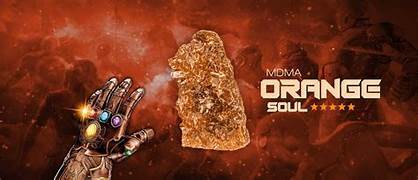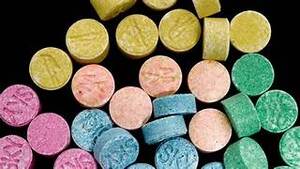Everything You’ve Ever Known About Purple Power Stone MDMA
Body
MDMA is a psychoactive drug Purple Power Stone MDMA psychedelic properties. It is most commonly known as Ecstasy or Molly. MDMA was first synthesized in 1912 by a German chemist, Anton Köllisch. It was not until the 1970s that MDMA began to be used recreationally. MDMA is usually taken in pill form, but it can also be snorted, smoked, or injected.
The effects of MDMA typically last for 3-6 hours. The most common effects of MDMA include:
- Increased energy
- Increased pleasure
- Increased feelings of closeness and intimacy
- Decreased anxiety
- Increased self-confidence
MDMA can also cause some adverse effects, such as:
- Anxiety
- Paranoia
- Depression
- Aggression
- Sleep problems
MDMA is classified as a Schedule I drug by the U.S. Drug Enforcement Administration, which means that it has a high potential for abuse and no currently accepted medical use.
What are the benefits of taking MDMA?
MDMA is a powerful psychoactive drug that has a variety of potential benefits. These benefits include improved communication, increased empathy, and enhanced well-being and self-confidence. MDMA has also been shown to reduce fear and anxiety, and to increase feelings of trust and closeness. When used responsibly and with caution, MDMA can be a powerful tool for personal growth and healing.

Some of the potential benefits of MDMA include:
Improved communication: MDMA can help break down communication barriers, making it easier to express oneself and connect with others.
Increased empathy: MDMA can increase feelings of empathy and understanding, making it easier to connect with others on a deep level.
Enhanced well-being and self-confidence: MDMA can improve mood and increase self-confidence, leading to enhanced well-being.
Reduced fear and anxiety: MDMA can reduce fear and anxiety, making it easier to face difficult situations.
Increased trust and closeness: MDMA can increase feelings of trust and closeness, making it easier to connect with others on a deep level.
What are the risks of taking MDMA?
MDMA is a synthetic drug that has both stimulant and hallucinogenic effects. It is also known as Ecstasy, Molly, or X. MDMA was originally developed in 1912 by the German chemist Anton Köllisch as a potential blood-clotting agent. However, it was not until the 1970s that MDMA began to be used recreationally.
MDMA is typically sold as a pill, although it can also be found in powder or crystal form. The pills are often brightly colored and stamped with images or logos. MDMA is usually taken orally, although it can also be snorted or injected.
The effects of MDMA typically last for 3-6 hours, although they can sometimes last for up to 24 hours. MDMA can cause a number of short- and long-term effects, including:
- Increased heart rate and blood pressure
- Nausea and vomiting
- Muscle tension and teeth clenching
- Severe anxiety and paranoia
- Hallucinations
- Increased risk of seizure

MDMA is often considered a "safe" drug, but it can be dangerous, particularly when it is mixed with other substances. MDMA can be laced with other drugs, such as methamphetamine or ketamine, which can increase the risk of adverse effects. MDMA can also be dangerous for people who have heart conditions or are taking certain medications.
It is important to be aware of the risks of taking MDMA and to use caution if you choose to use this drug.













Comments